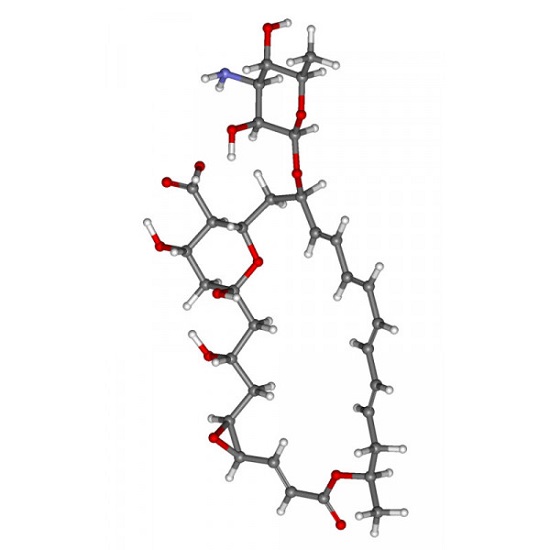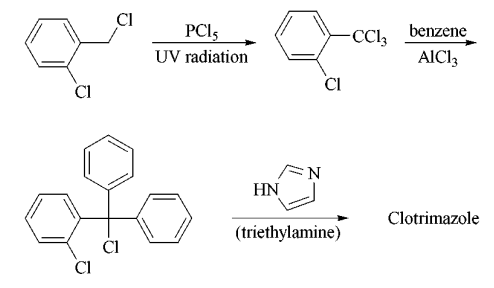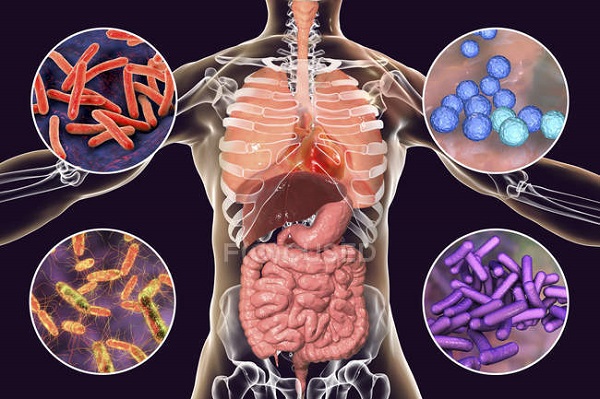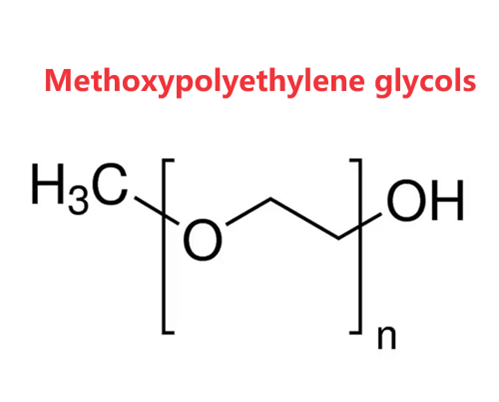Active Pharmaceutical Ingredients (API), popularly speaking, are the raw materials of medicines, only pharmaceutical raw materials are processed into pharmaceutical preparations , can they become medicines available for clinical use, so drugs we usually eat are the finished drugs through processing. Active Pharmaceutical Ingredients based on its sources can be divided into two major categories ,including chemical synthetic drugs and natural chemical drugs. Chemical synthetic drugs can be divided into organic synthetic drugs and inorganic synthetic drugs. Inorganic synthetic drugs are inorganic compounds ( very few is element), such as aluminum hydroxide, magnesium trisilicate which are used for the treatment of gastric and duodenal ulcers ; organic synthetic drugs are mainly composed of drugs made by basic organic chemical raw materials, through a series of organic chemical reactions (such as aspirin, chloramphenicol, caffeine, etc.). Natural chemical drugs ,based on its sources,can be divided into two categories including biochemical drugs and plant chemical drugs. Antibiotics are generally made by the microbial fermentation, which belongs to the biochemistry category. A variety of semi-synthetic antibiotics occurs in recent years,which are biosynthesis and chemical synthesis combining products.Among active Pharmaceutical Ingredients, the organic synthetic drugs varieties, yields and values have the largest proportion,which are the main pillars of the chemical and pharmaceutical industries. The quality of active Pharmaceutical Ingredients decides whether the formulation is good or bad , so its quality standards are very strict ,countries in the world have developed national pharmacopoeia standards and strict quality control methods for its widely used active Pharmaceutical ingredients.
Does natamycin have side effects?
When applied topically, natamycin is highly effective and well tolerated in the treatment of cutaneous and mucocutaneous candidoses. Local irritations and allergic reactions may occur in rare cases an
Mar 16,2024 APIWhat is amphotericin B mainly used for?
Amphotericin B is a broad-spectrum polyene antimycotic with activity against pathogenic yeasts, moulds, dimorphic fungi, and in vitro also against dermatophytes.
Mar 16,2024 APIWhat is a terconazole used for?
The triazole antimycotic terconazole was first synthesized at Janssen Pharmaceuticals. Terconazole is a broad-spectrum triazole antimycotic with activity against most species of pathogenic fungi.
Mar 16,2024 APIWhat is clotrimazole used to treat?
The imidazole antimycotic clotrimazole is used to treat mycoses of the skin induced or sustained by fungi such as dermatophytes, yeasts, and chromomycetes.
Mar 16,2024 APIWhat is bifonazole used for?
Bifonazoleis a imidazole antimycotic bifonazole used to treat mycoses of the skin induced or sustained by fungi such as dermatophytes, yeasts, and also chromomycetes.
Mar 16,2024 APIWhat is miconazole used for?
Miconazole is a imidazole antimycotic used to treat therapy of skin infections caused by dermatophytes and yeasts, and mucocutaneous infections including Candida vulvovaginitis.
Mar 16,2024 APIWhat is ketoconazole used to treat?
Ketoconazole is a imidazole antimycotic ketoconazole used to treat systemic therapy of dermatomycoses, blastomycosis, coccidioidomycosis, and histoplasmosis.
Mar 16,2024 APIWhat is itraconazole used to treat?
Itraconazole is a triazole antimycotic itraconazole used to treat systemic infections such as candidosis and aspergillosis including disseminated infections, blastomycosis, coccidioidomycosis, histopl
Mar 16,2024 APIWhat is the side effect of fluconazole?
Fluconazole is well tolerated. Vaginal candidiasisand systemic and mucocutaneous candidiasis. In Cryptococcus neoformans meningitis the substance is mostly used in combination with amphotericin B and
Mar 16,2024 APIQ:What is Methoxypolyethylene glycols?
A:Methoxypolyethylene glycols (mPEG) are addition polymers of ethylene oxide and methanol with the molecular formula CH3O-(CH2-CH2-O)n-H and average molecular weights in the range of 350 to 5000.
Mar 15,2024 API










